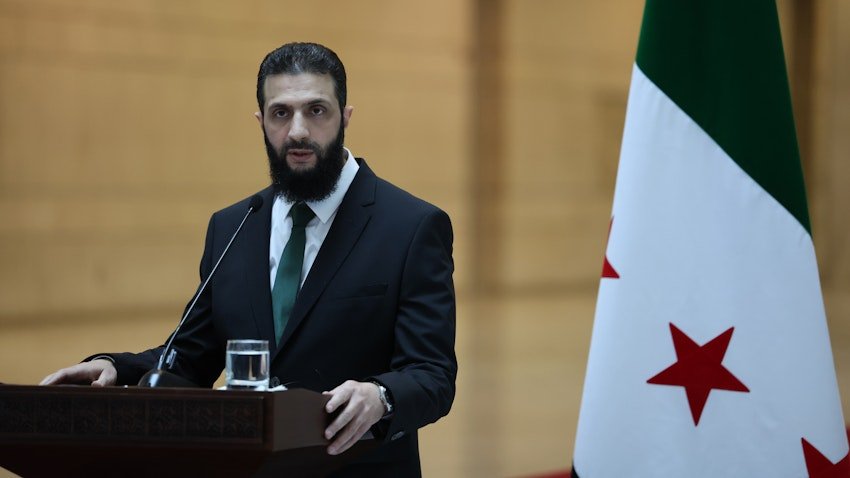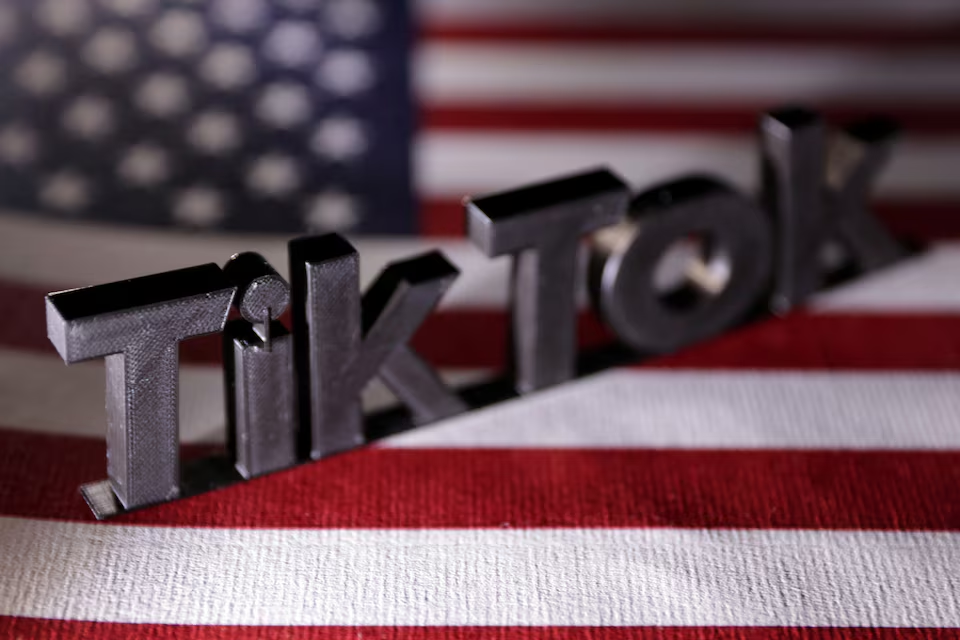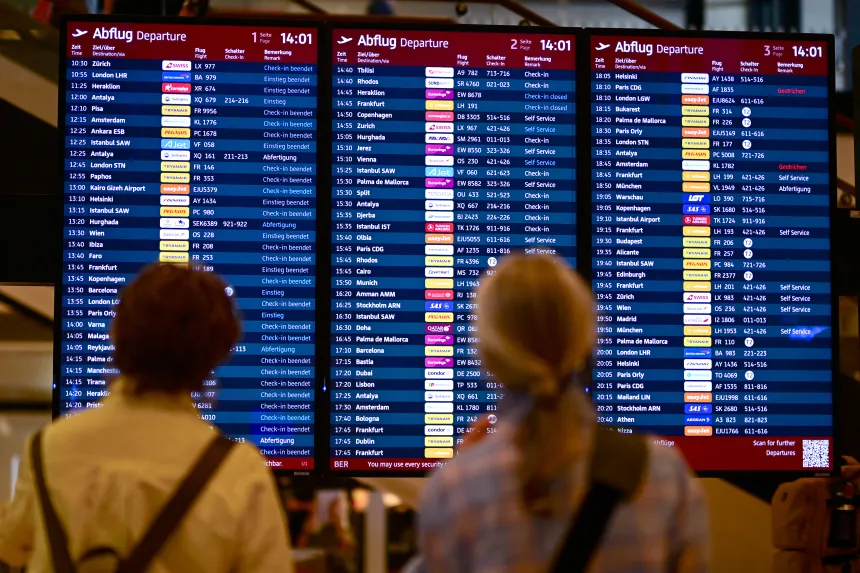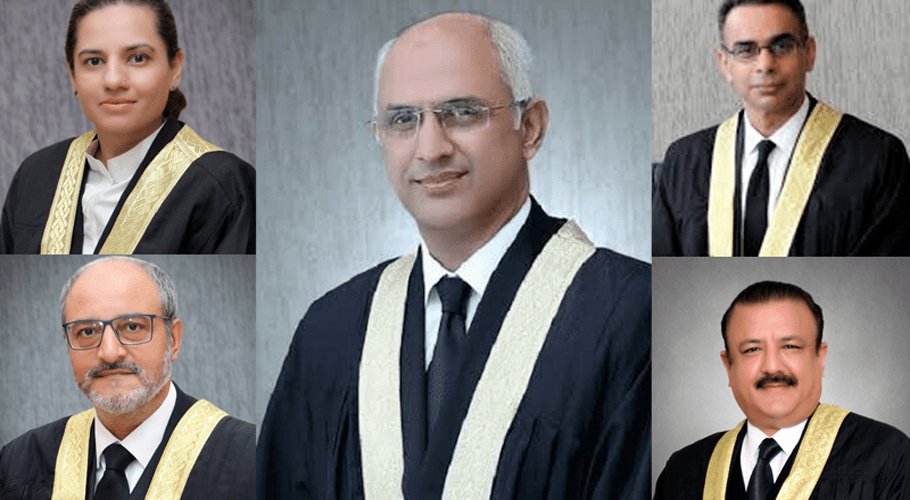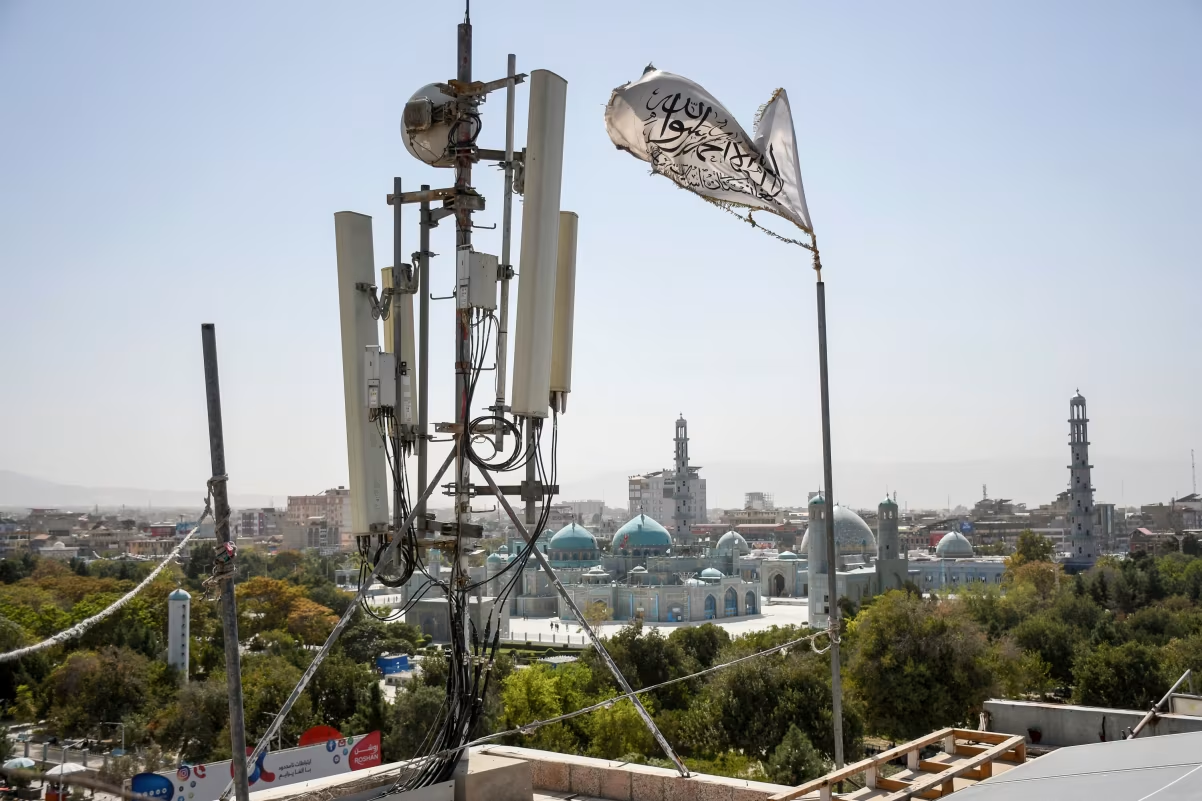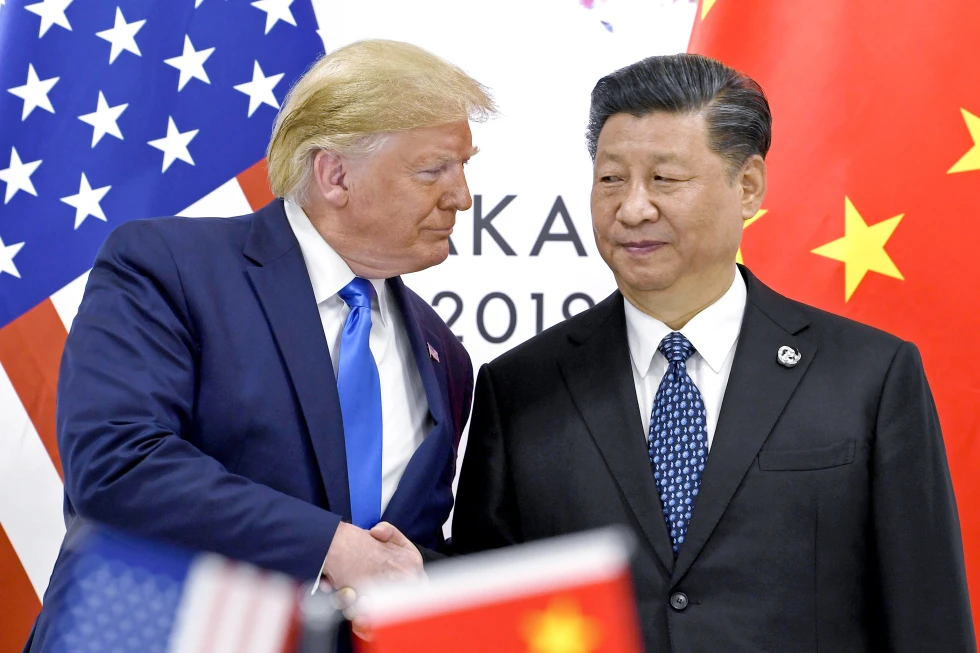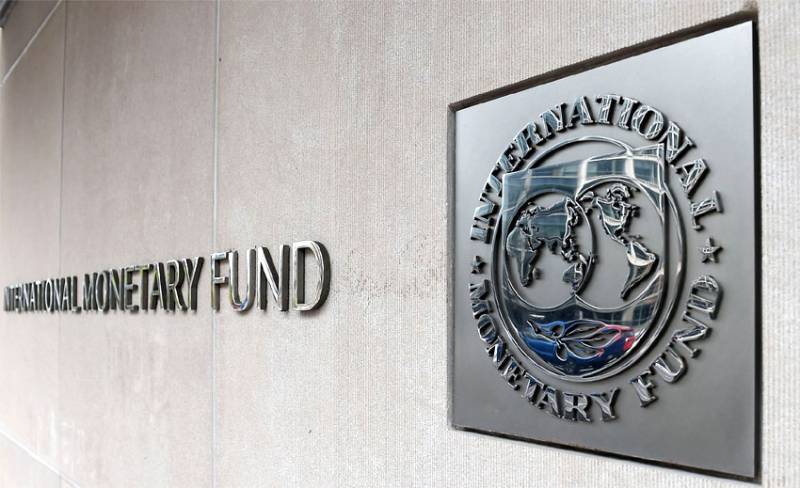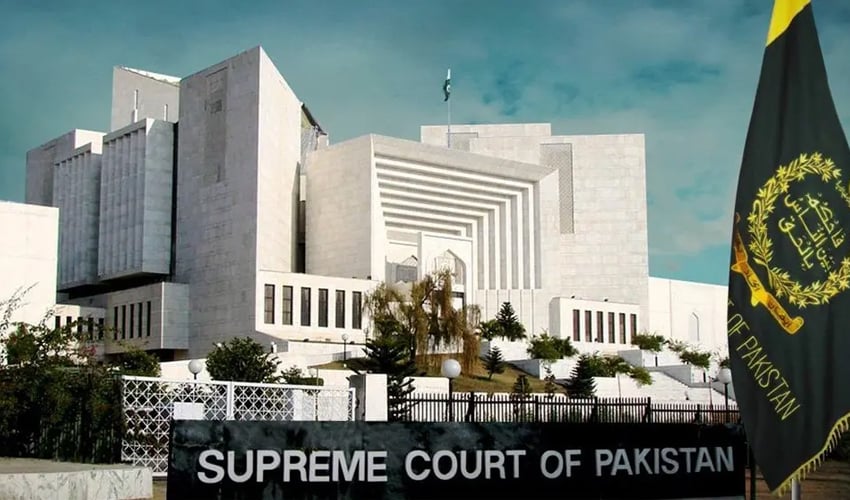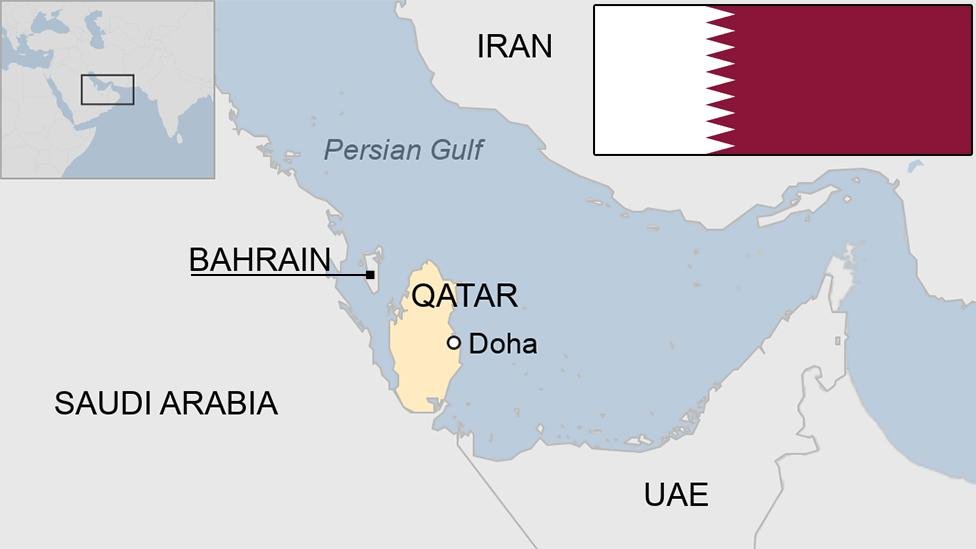Syria is set to hold its first parliamentary elections since the fall of former President Bashar al-Assad, with voting scheduled for mid-September. Mohammed Taha al-Ahmad, chairman of the Higher Committee for People’s Assembly Elections, confirmed to state media that the elections will take place between September 15 and 20. This vote will be the first major test for the country’s new interim leadership, installed after a rapid rebel offensive ousted Assad in December.
According to the new framework, one-third of the 210 seats in Syria’s People’s Assembly will be directly appointed by interim President Ahmed al-Sharaa, while the remaining seats will be filled through elections. Hassan al-Daghim, a member of the election committee, explained that an electoral college will be established in each province to oversee the selection of elected representatives.
These elections will take place under a temporary constitution signed by al-Sharaa in March, which established a transitional People’s Committee to act as an interim parliament until a permanent constitution is adopted and a general election is held—a process expected to take several years.
The announcement comes at a time of heightened tension and division within Syria, especially following recent sectarian violence in the southern province of Suwayda. Deadly clashes erupted two weeks ago between armed Bedouin clans and fighters from the Druze minority, triggered by a series of retaliatory kidnappings. The fighting has claimed hundreds of lives and threatens to destabilize Syria’s already fragile postwar transition.
Government forces intervened in the conflict, officially to restore order but reportedly siding with the Bedouin clans. There are credible reports that some government soldiers executed Druze civilians and set fire to homes during the intervention. The unrest escalated further when Israel conducted airstrikes targeting both Syrian government forces and the Defense Ministry headquarters, declaring its intention to protect the Druze minority.
As Syria moves towards these landmark elections, the country faces significant internal divisions and ongoing insecurity. The results will shape the next phase of Syria’s political future as it seeks stability after years of conflict and authoritarian rule.



